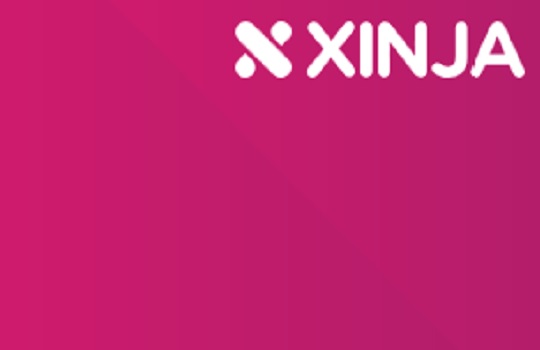
Unable to offset cash losses and secure sufficient capital funding, digital challenger Xinja has announced plans to close all bank accounts, refund customer savings, and return its banking license to APRA, citing challenges in attracting investors during Covid-19.
In a statement Wednesday, the neobank announced it would discontinue its Xinja Bank Account and interest-bearing Stash Savings Account, committing its efforts to “other areas” including its zero-brokerage US share trading product Dabble should, it said, “circumstances allow”.
To date, Xinja has neither launched nor gained regulatory approval for Dabble.
Xinja chief executive Eric Wilson broke news of the neobank’s retreat from banking services through a public notice on Wednesday morning.
“This was an incredibly hard decision,” the neobank said in its statement.
Transaction and savings products will be wound up by 23 December; Xinja customers are covered by APRA’s Financial Claims Scheme and the industry watchdog remains on standby ensuring deposits are safely returned.
Customers were asked to transfer their funds out of Xinja accounts by 23 December; if not, they were assured their funds would be returned automatically to a nominated account. By 30 December, Xinja plans to close all empty bank accounts, while card and payment facilities will stop working from 15 January.
Speaking at the Future of Financial Services, Sydney 2019 conference last year, Wilson was vocal about the digital-only challenger’s ambitions to “change banking for good”, adopting a “low cost, low margin” operating model that would directly challenge Australia’s big four banks.
To Wilson, technology was the silver bullet to drive down per-customer costs, with all-cloud infrastructure said to have provided a launchpad for the bank’s digital innovation.
Xinja, a notable customer of SAP, took pride in reportedly being the “first bank in Australia” operating all-in-the-cloud.
At the time, Wilson also revealed plans to launch lending products in 2020, which would complement Xinja’s interest-bearing bank accounts. This, however, never came to fruition; instead, the bank closed its public roadmap for future products in October, after missing self-imposed deadlines.
Signs of the neobank’s struggle first emerged in March when Xinja declined to accept new Stash customers, instead vowing to retain deposit interest for existing customers at a market-leading rate of 2.25 per cent.
In April, reprieve seemed to arrive in the form of a $433 million cash injection from Dubai-based World Investments Group (WIG), in exchange for a 40 per cent holding stake.
However, difficulties in receiving WIG’s funds led Xinja to source an additional $10 million of capital from existing investors. In May, it became known that staff of the neobank were placed on the Federal Government’s JobKeeper program.
That same month, cost pressures saw a Xinja reluctantly lower deposit rates to 1.8 per cent, while in November it capped its interest-bearing deposit component for Stash customers at $50,000, further slashing deposit rates to 1.5 per cent.
Before the pandemic, Xinja saw soaring success with its high-interest deposit offering, amassing $500 million in savings and near 45,000 customer accounts within months of being granted an unrestricted banking license.
The digital bank, founded in 2017 by veteran banker and entrepreneur Eric Wilson, debuted as a fintech offering simple products like prepaid cards and a mobile app, until receiving its full authorised deposit-taking institution (ADI) license from APRA in September 2019.
Xinja was one of two independent consumer-focused digital challengers (the other being Volt Bank) active in Australia.
By contrast, its upstart rivals are largely backed by bigger players. 86 400, for instance, is backed by payments giant Cuscal, while Up Bank remains tied to Bendigo & Adelaide Bank.





